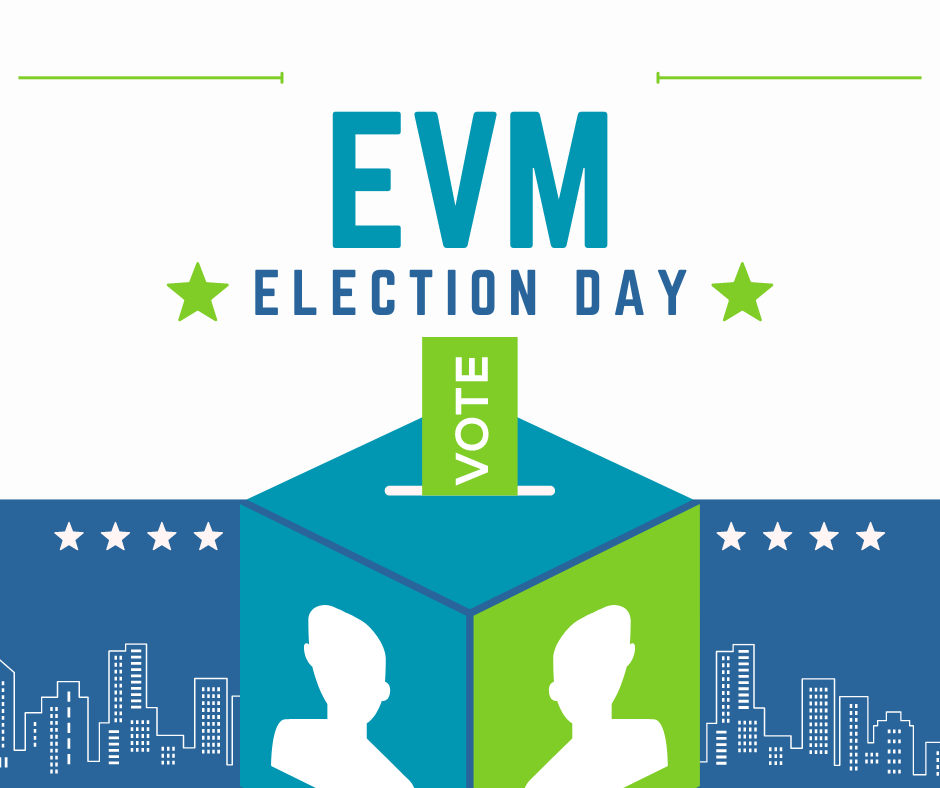Advertisement:
With over 25 years of experience as a business consultant, Abdul Vasi has helped countless brands grow and thrive. As a successful entrepreneur, tech expert, and published author, Abdul knows what it takes to succeed in today’s competitive market.
Whether you’re looking to refine your strategy, boost your brand, or drive real growth, Abdul provides tailored solutions to meet your unique needs.
Get started today and enjoy a 20% discount on your first package! Let’s work together to take your business to the next level!
Introduction
Electronic Voting Machines (EVMs) have revolutionized the electoral process in India, a country known for its vast and diverse electorate. Introduced to simplify and secure voting, EVMs have been a subject of debate since their inception. This article delves into the effectiveness of EVMs, weighing their benefits against the criticisms they face.
The Genesis and Implementation of EVMs
EVMs were first used in India on an experimental basis in the 1990s and became the standard voting method across the country by the early 2000s. The primary motivation behind adopting EVMs was to overcome the challenges associated with paper ballots, such as ballot stuffing, booth capturing, and long counting times. EVMs promised a faster, more efficient, and tamper-proof voting process (Hindustan Times).
Benefits of EVMs
1. Speed and Efficiency
One of the most significant advantages of EVMs is the speed with which election results can be declared. Traditional paper ballots required days of counting, whereas EVMs can produce results within hours. This efficiency reduces the window for post-election violence and political instability (Hindustan Times).
2. Reduction in Electoral Fraud
EVMs have significantly curtailed instances of electoral fraud. The design of EVMs, which includes tamper-evident seals and security protocols, makes it challenging to manipulate votes. The machines are also equipped with features like a Voter Verified Paper Audit Trail (VVPAT), which allows voters to verify their vote, enhancing transparency and trust in the system.
3. Environmental and Logistical Benefits
Using EVMs eliminates the need for millions of paper ballots, contributing to environmental conservation. Additionally, EVMs are easier to transport and store compared to bulky paper ballots, simplifying the logistics of conducting elections in remote and difficult-to-access areas.
Criticisms and Concerns
1. Susceptibility to Tampering
Despite the safeguards, some critics argue that EVMs can still be tampered with. Allegations of hacking and technical glitches have occasionally surfaced, casting doubt on the reliability of EVMs. However, multiple independent tests and demonstrations have consistently shown that the machines are secure and tamper-proof when used correctly.
A significant criticism of EVMs is the perceived lack of transparency. Unlike paper ballots, which provide a physical record of each vote, EVMs store data electronically. This has led to calls for more robust auditing mechanisms to ensure the integrity of the voting process. The introduction of VVPATs was a step towards addressing this concern, but some argue that it is not sufficient (Hindustan Times) (Lawstreet.co).
3. Technical and Operational Issues
Technical malfunctions, although rare, do occur and can disrupt the voting process. Instances of EVMs failing or malfunctioning have been reported, leading to delays and, in some cases, re-polling. Training election staff to handle these machines properly is crucial to minimize such issues.
Comparative Analysis with Paper Ballots
Comparing EVMs with traditional paper ballots highlights the trade-offs involved. Paper ballots are tangible and easy to understand, which can be reassuring to voters. However, they are also more susceptible to manipulation and require extensive resources to manage and count. EVMs, on the other hand, offer speed and efficiency but can seem opaque and complex to some voters.
Global Perspective
India is not alone in using EVMs; many countries have adopted electronic voting to varying degrees of success. Countries like Brazil and Estonia have reported positive experiences with EVMs, citing enhanced security and voter confidence. However, some nations have reverted to paper ballots due to technical challenges and trust issues, emphasizing that the context and implementation of EVMs are critical to their success.
Conclusion
EVMs have undoubtedly transformed the electoral landscape in India, offering numerous benefits in terms of efficiency, security, and environmental impact. However, the criticisms and concerns they face cannot be ignored. Continuous improvements in technology, robust auditing mechanisms, and transparent processes are essential to maintaining trust in EVMs. Ultimately, the effectiveness of EVMs hinges on their proper use and the political will to ensure free and fair elections. As India moves forward, the challenge will be to balance innovation with accountability, ensuring that the democratic process remains robust and credible.




